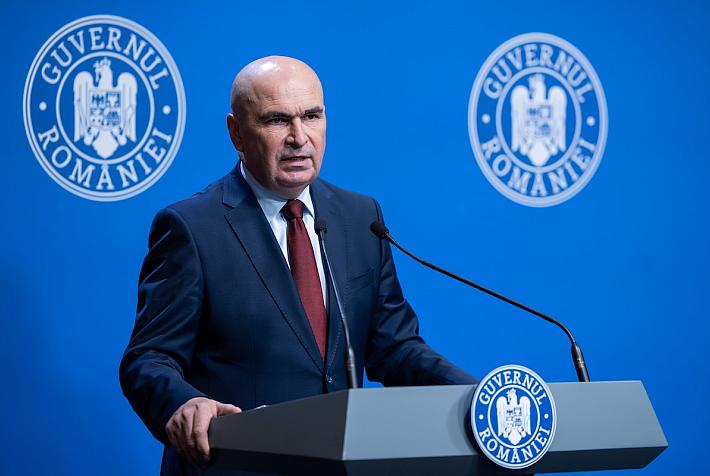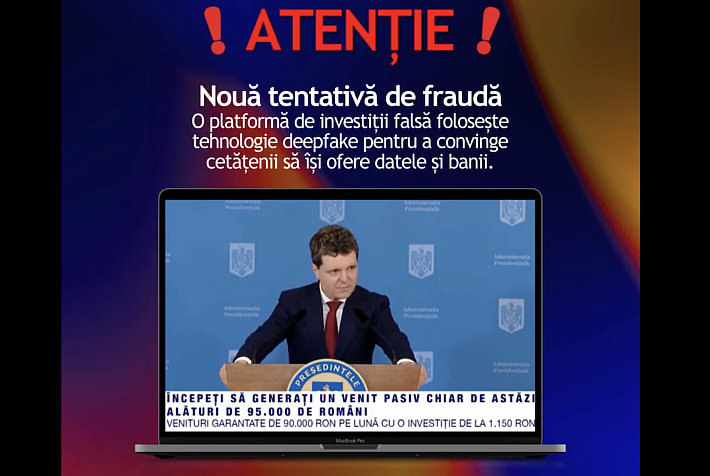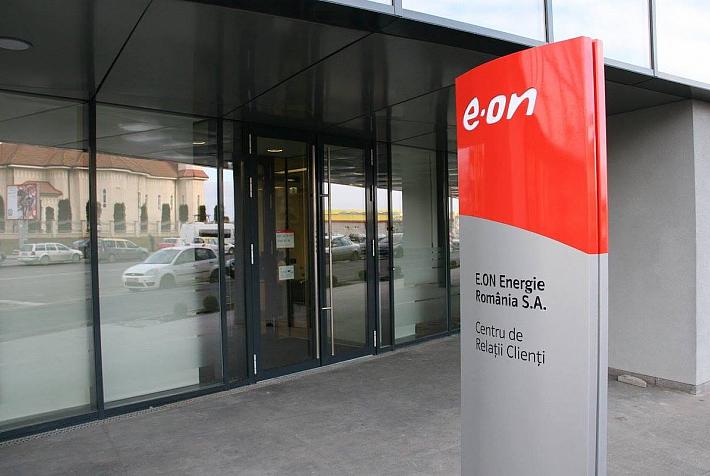Doom and gloom in the wake of failed German bond sale

 Markets around the world have shuddered and calls on politicians to find solutions to the European debt crisis have intensified following the German bond auction on Wednesday, variously described as “botched” and a “wake up call.”
Markets around the world have shuddered and calls on politicians to find solutions to the European debt crisis have intensified following the German bond auction on Wednesday, variously described as “botched” and a “wake up call.”
Just under half of the USD 8 billion in bonds on offer remained unsold, the worst result in a German bond auction since the country joined the euro. The failure of the sale is widely seen as a sign the debt crisis has finally reached Germany. Yesterday (Thursday 24) Chancellor Angela Merkel again rejected issuing Euro bonds, seen by some as a solution to the deepening European debt crisis. The German press was unanimous in interpreting the auction as a sign the crisis had hit Germany. The Financial Times Deutschland (FTD) put it rather succinctly with an image of a nose diving German eagle next to the comment “The crisis now speaks German.”
Despite Merkel's rejection of Euro bonds, pressure to find a solution and find it quickly is coming from Europe and beyond.
"The buyer's strike at the German bond auction is a first, quiet wake-up call from investors, who are telling the government to take action and no longer play for time,” said Andrea Cuennen in business daily Handelsblatt.
Markets around the world reacted: the euro dropped to a six week low against the yen and the Tokyo stock market lost 1.8 percent yesterday (Thursday 24). European stocks are set for their biggest weekly losses in the last two months with the FTSEurofirst 300 index down 0.4 percent at 09:43 this morning (Friday 25). "Investors are spooked by the macroeconomic uncertainties. There's a lack of buyers which is reflected in the anaemic trading volumes," said Fabrice Couste, head of CMC Markets France.
Fears of a global recession are mounting in the aftermath of the bond auction, Uwe Parpart, Head of research and chief strategist of Reorient Financial Markets, said, "I know this winter is going to be like 2008, 2009, and the question is what central banks are going to do about it.”
editor@romania-insider.com











